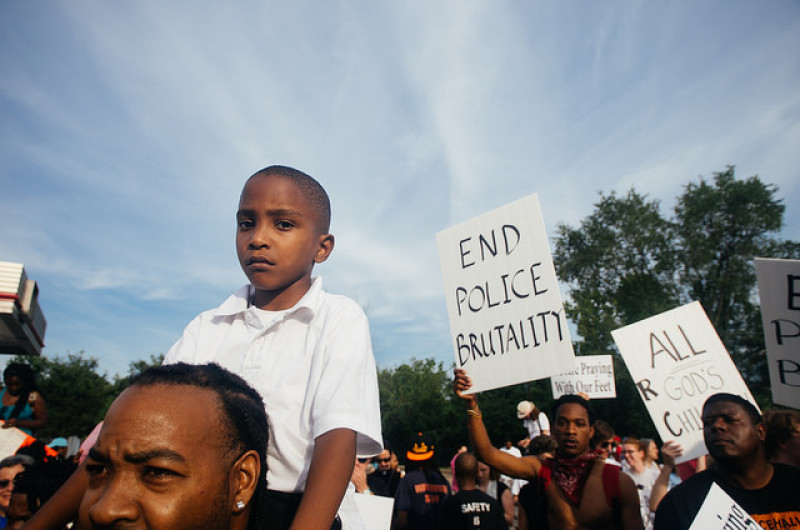
Evangelical Christians are less likely than most Americans to say that people of color and other minority groups are treated unfairly by police, according to recent findings by The Barna Group.
Less than one third (29 percent) of evangelicals say people of color are unfairly targeted by law enforcement.
"All other faith segments in America stand in contrast to this"”with half or more believing this to be the case," the Barna Group study titled "Americans' View of Police Brutality" found on Thursday.
Over half of non-evangelical Christians (49 percent) as well as atheists and agnostics (67 percent) say that unfair treatment is a reality among people of color.
There were also differences in viewpoint along racial boundaries. The group found that non-White born-again Christians (82 percent) were three and a half times more likely than their White counterparts (24 percent) to believe that minorities are treated unfairly by the police.
The study found that Black Americans are the most likely to say that law enforcement unfairly target people of color (53 percent) along with one third of Hispanic Americans who would say the same (34 percent). White Americans were found to be the least likely to agree with that statement (14 percent).
Black Americans (56 percent), Hispanics (29 percent), and Asian-Americans (28 percent) were also more likely to say they either "absolutely" or "possibly" fear police brutality than White Americans (4 percent).
Millennials (35%), liberals (34%), Democrats (31%), parents with children in the household (31%), and unmarried adults (29%) were also more likely to fear police brutality than White Americans.
The study found that education, household income, and region were not significant factors in determining the degree of fear of police brutality.
"These findings represent a challenging reality for evangelicals and their leaders. Huge gaps exist between most evangelicals and tens of millions of Americans"”gaps in perception about the extent and proximity of prejudicial law enforcement," president of Barna David Kinnaman, who also directed the study, expressed.
"To help evangelicals grapple with the problems of implicit racial bias, Christian leaders must come to realize how deeply and personally experienced these problems are for so many in society and in the church," Kinnaman said.



















